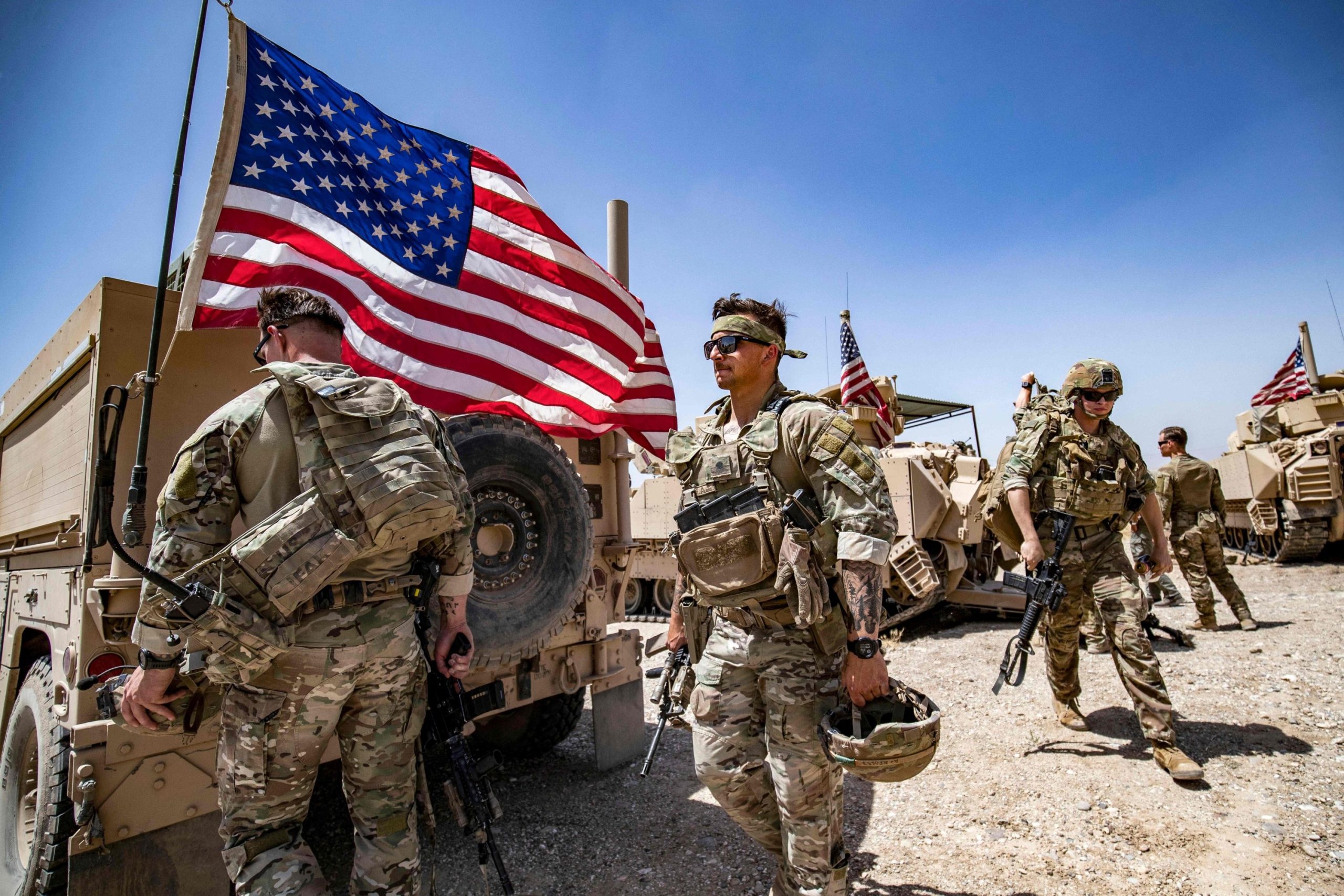Talks between the United States and Iraq regarding the US-led military coalition in Iraq may extend beyond the US presidential elections in November, according to a senior Iraqi government official.
These discussions, initiated in January, aim to reassess the coalition formed in 2014 to combat ISIS. Recent attacks between US forces and Shiite armed groups have ceased, allowing room for negotiations.
The Iraqi government, supported by Shiite parties and armed groups, seeks to prevent the country from becoming a battleground for foreign powers.
The talks, conducted through a joint military commission, are viewed as a means of managing differing opinions on the future of the two countries’ military relationship.
US-Led Coalition in Iraq (Credits: Wikipedia)
While hardline Iraqi Shiite groups demand an immediate US withdrawal, more moderate factions, including Shiite, Sunni, and Kurdish parties, fear a power vacuum if US forces leave.
Washington emphasizes the need to reassess the coalition’s mission post-ISIS but does not necessarily view the talks as leading to a complete withdrawal of US military advisers.
US-Led Coalition in Iraq (Credits: The Times of Israel)
The US initially invaded Iraq in 2003, deposing President Saddam Hussein before withdrawing in 2011. US forces returned in 2014 to combat ISIS, and currently, approximately 2,500 American troops are stationed in Iraq and 900 in Syria for advisory and assistance missions.
Former Iraqi Prime Minister Haider al-Abadi, a moderate member of Iraq’s ruling pro-Iran Shiite Coordination Framework, believes that while the US does not seek a complete withdrawal, there is a growing sentiment among Iraqi political forces that the US presence causes more problems than solutions.
